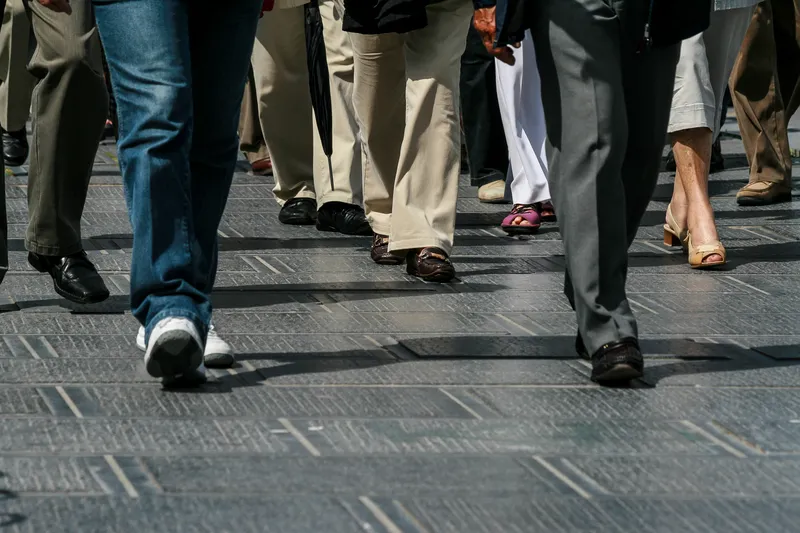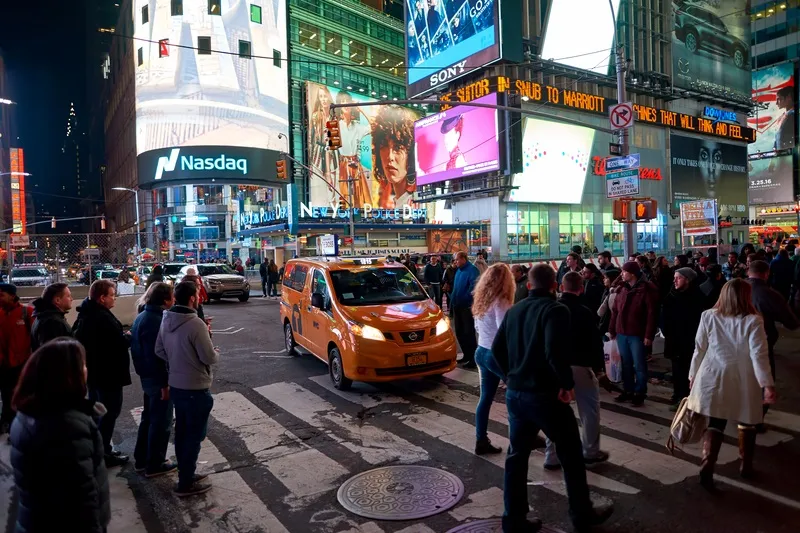Latest road safety figures from the UK Department for Transport (DfT) show that compliance with 30mph (48km/h) urban speed limits continues to improve while pedestrian fatality levels are falling.
April 19, 2012
Read time: 1 min
RSSLatest road safety figures from the UK 1837 Department for Transport (DfT) show that compliance with 30mph (48km/h) urban speed limits continues to improve while pedestrian fatality levels are falling.
In 1998, 69 per cent of cars were driven faster than the limit in 30mph zones in free-flow conditions: by 2010 this had dropped to 46 per cent. Those exceeding 40 mph in a 30mph limit has halved since 2003, now down to 16 per cent. At the same time, traffic levels are declining on all types of road, a trend observed from 2006 onwards.
Pedestrian fatalities have also reduced significantly, down 40 per cent since 2005 from 671 to 405. Ninety-six per cent of pedestrian accidents happen on urban roads.
In 1998, 69 per cent of cars were driven faster than the limit in 30mph zones in free-flow conditions: by 2010 this had dropped to 46 per cent. Those exceeding 40 mph in a 30mph limit has halved since 2003, now down to 16 per cent. At the same time, traffic levels are declining on all types of road, a trend observed from 2006 onwards.
Pedestrian fatalities have also reduced significantly, down 40 per cent since 2005 from 671 to 405. Ninety-six per cent of pedestrian accidents happen on urban roads.










